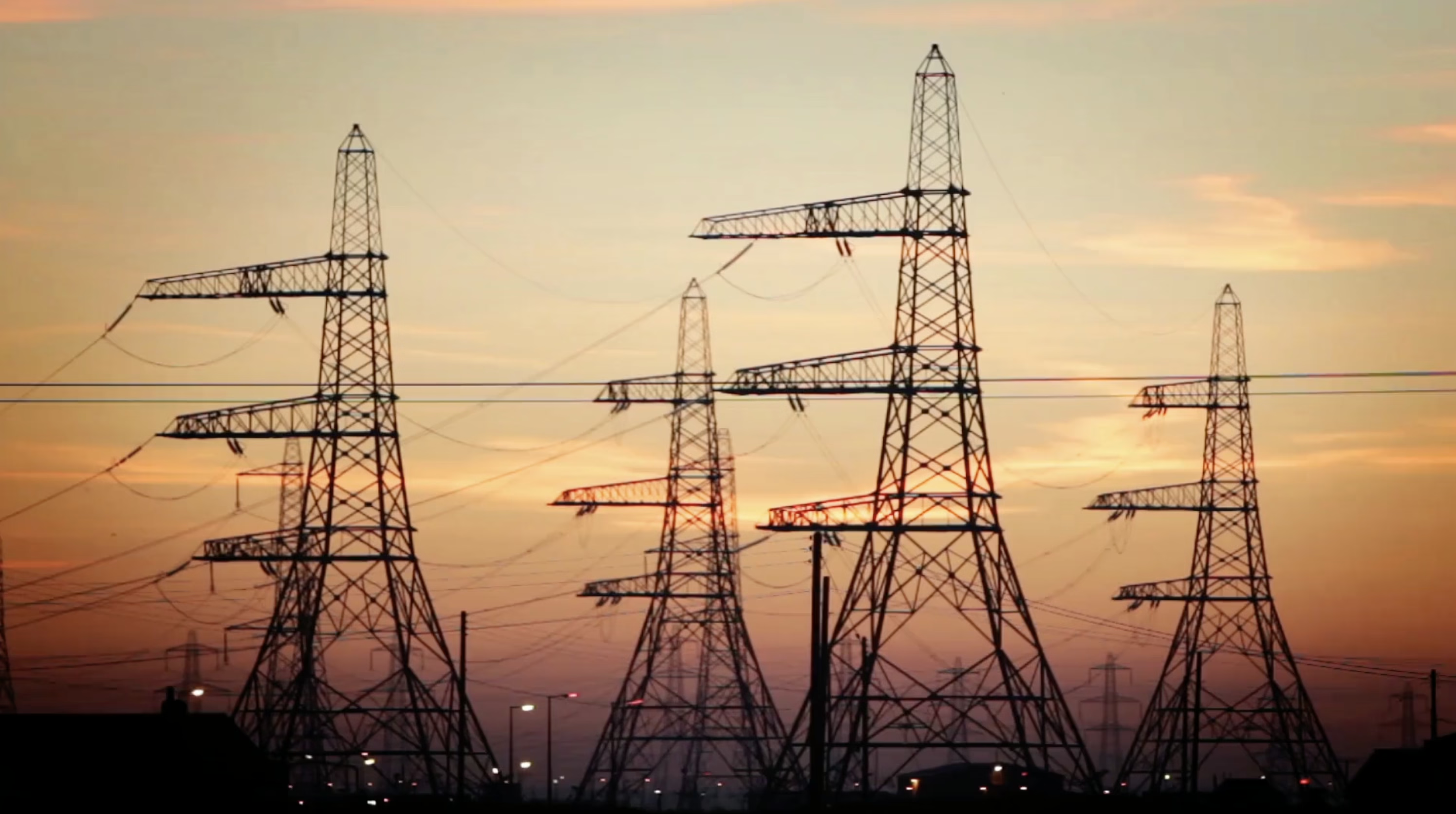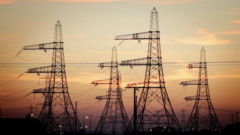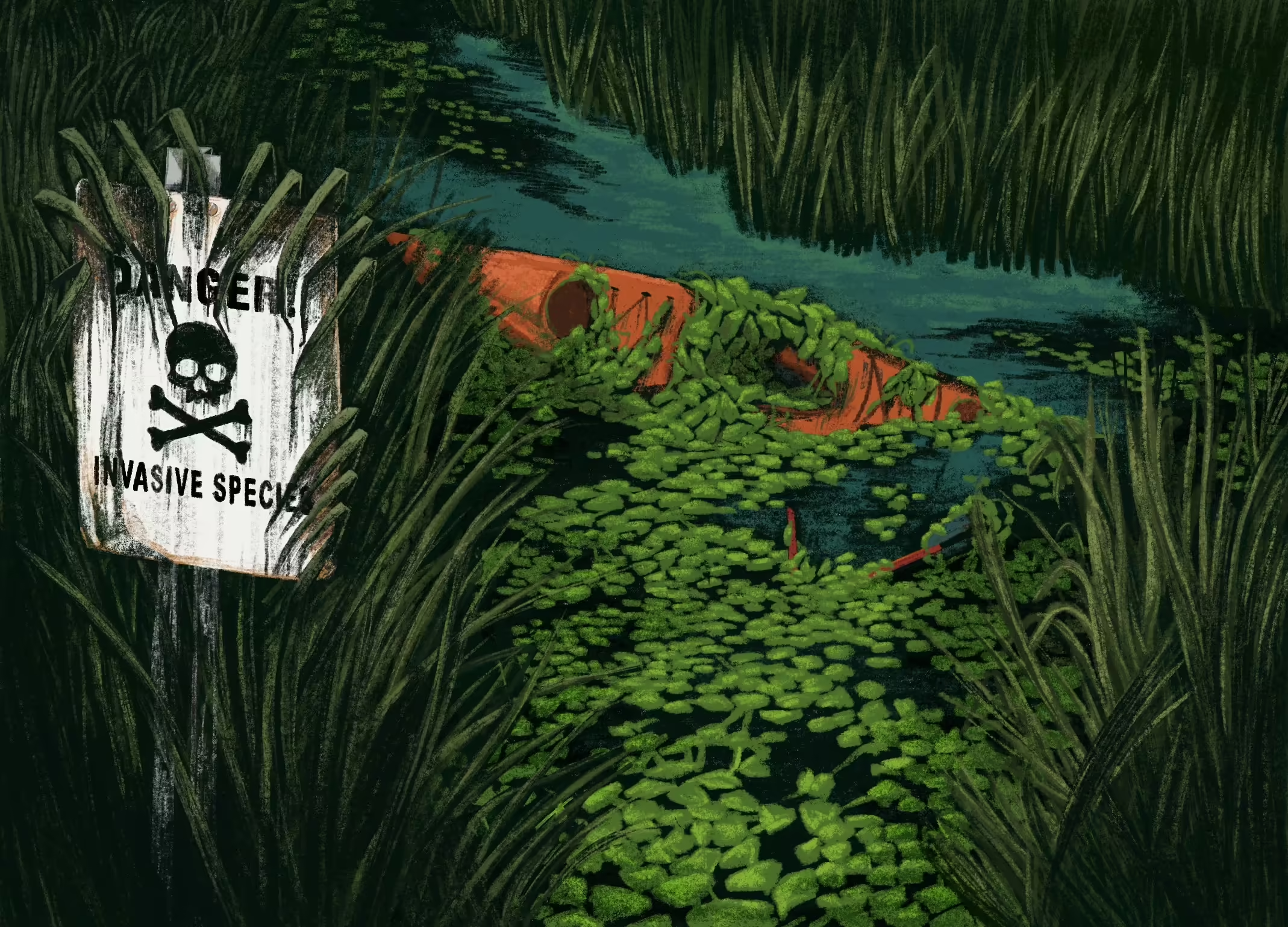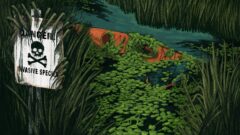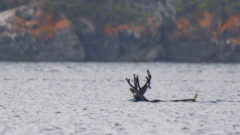Tag: Research, Data and Technology
Environmentalists, Industry Divided Over Energy Permitting Bill
Melting ice. Wildfire smoke. Crop losses. Climate change is already having an impact on the Great Lakes region. According to a 2022 report by the Intergovernmental Panel on Climate Change, in order to limit global warming to 2 degrees Celsius, humanity would have to reach net-zero emissions by the 2070s.
Can environmental law move beyond bedrock 1970’s legislation, while adapting to current and future challenges?
A 2022 report titled Promises Half Kept at the Half Century Mark, by the Environmental Integrity Project, released on the Clean Water Act’s 50th anniversary said the law is “falling short of its original goals.”
Michigan, for example, has the 4th largest number of impaired lakes, reservoirs and streams assessed for water contact recreation in the U.S.
Great Lakes most unwanted: Top 10 invasive species
Long after the Halloween season has ended, some of the Great Lakes’ most infamous invasive species remain a scary sight: blood-sucking parasites with suction-cup mouths, thousands of rotting fish carcasses washed ashore and sharp mussel shells that puncture the feet of unsuspecting beachgoers.
At least 188 nonnative aquatic species have been introduced to the Great Lakes, and over a third have become invasive, meaning they can have negative health, ecological and socioeconomic impacts when introduced to new ecosystems.
I Speak for the Fish: Where’s the line in fisheries research? | Great Lakes Now
I Speak for the Fish is a monthly column written by Great Lakes Now Contributor Kathy Johnson, coming out the third Monday of each month. Publishing the author’s views and assertions does not represent endorsement by Great Lakes Now or Detroit Public Television.
The lonely Lake Superior caribou and a lesson in limits | Great Lakes Now
By Emma McIntosh, The Narwhal
Emma and photographer Christopher Katsarov Luna spent four days in northwestern Ontario, reporting from the shore of Lake Superior.
The Great Lakes News Collaborative includes Bridge Michigan, Circle of Blue, Great Lakes Now at Detroit PBS, Michigan Public and The Narwhal who work together to bring audiences news and information about the impact of climate change, pollution, and aging infrastructure on the Great Lakes and drinking water.

